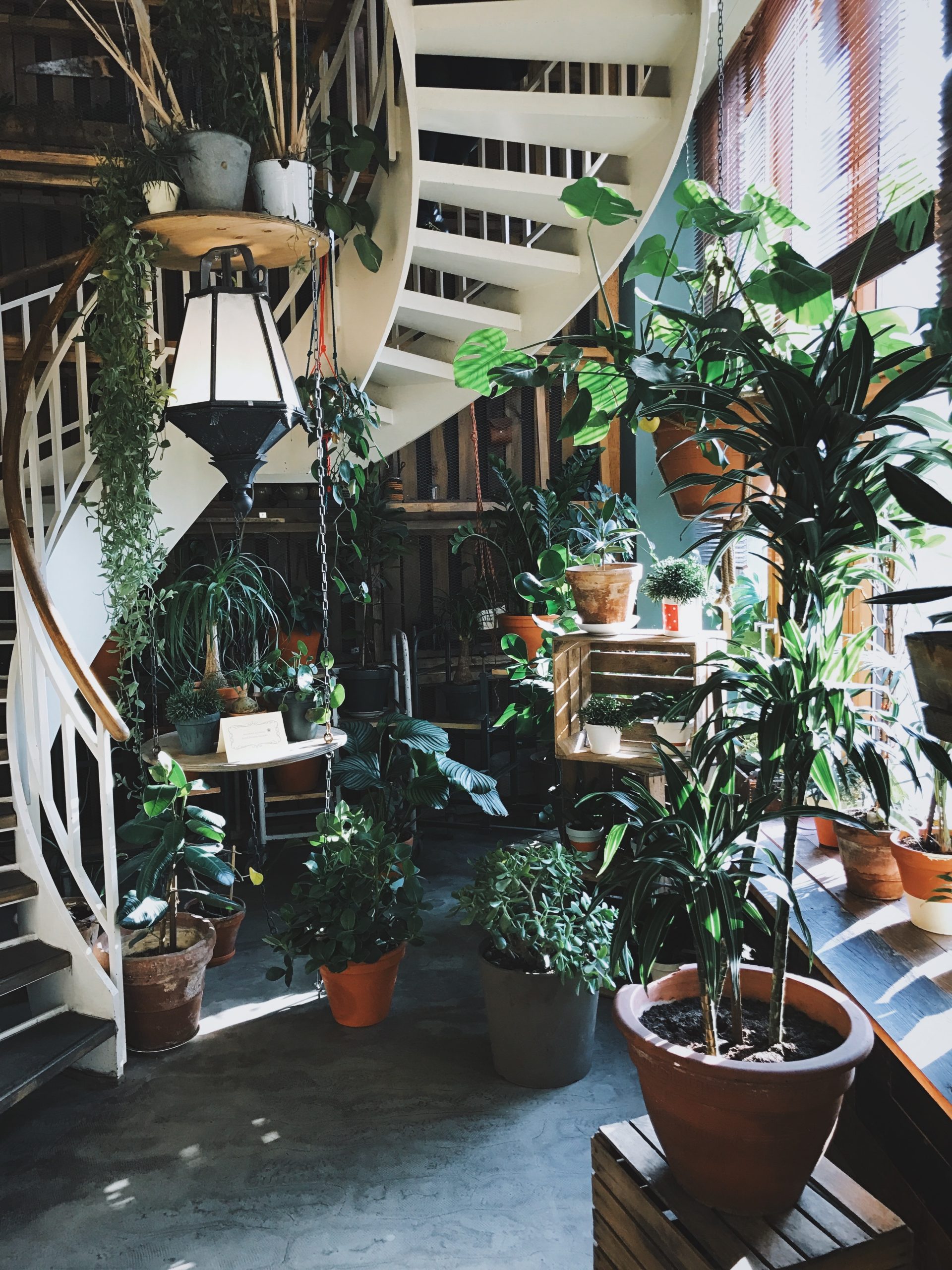Indoor gardening is a great way to bring the beauty of nature into your home. However, keeping your indoor garden flourishing can be a challenge. In this article, we’ll provide you with tips for popular houseplant care to help you keep your indoor garden healthy and thriving.
1. Watering Your Houseplants
Watering your houseplants is one of the most important aspects of indoor gardening. Overwatering or underwatering can cause your plants to wilt or die. The key is to find the right balance.
Most houseplants prefer to be kept evenly moist, but not soaking wet. To determine when to water your plants, stick your finger into the soil. If it feels dry to the touch, it’s time to water. If it feels moist, wait a few more days before watering.
2. Control Insect Pests
Insect pests can quickly take over your indoor garden if left unchecked. Common pests include spider mites, mealybugs, and scale insects. To control these pests, use an insecticidal soap or neem oil spray. Be sure to follow the instructions on the label carefully.
3. Fertilize Houseplants Periodically
Houseplants need nutrients to grow and thrive. Fertilizing your plants periodically can help provide them with the nutrients they need. Use a balanced fertilizer, such as a 10-10-10 or 20-20-20 formula, and follow the instructions on the label.
4. Increase Humidity
Many houseplants prefer a humid environment. To increase humidity, you can mist your plants with water or place a tray of water near your plants. You can also group your plants together to create a microclimate of higher humidity.
5. Groom and Prune Your Houseplants
Grooming and pruning your houseplants can help keep them neat and attractive. Regularly remove any dead foliage and spent flowers with herb scissors or pruning shears. If you trim leaf tips, carefully follow the natural leaf shape as you trim.
6. Decode Light Needs
Different houseplants have different light requirements. Some prefer bright, direct sunlight, while others prefer indirect or low light. Be sure to research the light requirements of your specific plants and place them in the appropriate location.
7. Watch for Houseplant Diseases
Houseplants can be susceptible to diseases such as root rot, powdery mildew, and leaf spot. To prevent these diseases, avoid overwatering and provide good air circulation. If you notice any signs of disease, such as yellowing leaves or black spots, take action immediately.
In conclusion, indoor gardening can be a rewarding and enjoyable hobby. By following these tips for popular houseplant care, you can keep your indoor garden healthy and thriving. Remember to water your plants appropriately, control insect pests, fertilize periodically, increase humidity, groom and prune your plants, decode light needs, and watch for diseases. With a little care and attention, your indoor garden will flourish for years to come.




